In the lead up to the Vice-Chancellor’s Learning and Teaching Awards, we are profiling all the Highly Commended Finalists.
The 2020 Learning and Teaching Awards ceremony will be held virtually on Wednesday 2 December. Register now >>
This week, we take a look at the amazing staff from the Faculty of Arts.
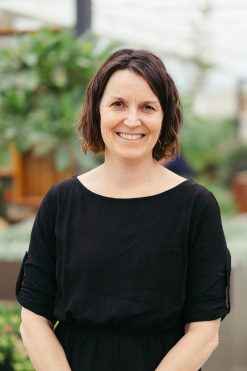 Dr Charlotte Overgaard
Dr Charlotte Overgaard
Student-nominated award
Dr Charlotte Overgaard has had a long interest in how transformative learning can be enhanced by using innovative ways of teaching. With the shift to online learning this semester, she took the opportunity to change her lecture delivery.
“I realised that students don’t gain much from being talked at for two hours and I also knew that it was time to find other ways to engage students,” says Charlotte.
“Instead of two-hour lectures, I combined a range of materials to provide two-hour lecture sessions. These sessions included short, 15-20-minute-long lectures, recorded interviews with colleagues and experts on select topics, YouTube clips of relevant material and more. This change increased student engagement significantly and was well-received by the students.
“This year, I have also taken the initiative to commence a study of student and teacher experiences of flexible deadlines. The study aims to understand how allowing students more flexibility in determining their own deadlines will affect their academic performance, progression towards successful completion of a unit, ability to maintain a work-life-uni balance and future work capabilities.”
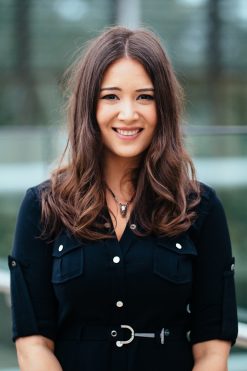 Zara Bending
Zara Bending
Student-nominated award
Growing up in Western Sydney, Zara Bending took lessons from both her parents that influence her teaching today. Her mother, a nurse, taught her to communicate-for-audience and her father, who has Dyslexia, showed her that everyone learns differently. Her goal as an educator is to inspire lifelong learning through innovative learning design and holistic mentorship.
“I lead our Foundations unit team in the spirit of transformative learning for successful first-year transition to university study,” she says.
“Students often enter the program with anxieties and hyper-self-criticism, with an increasingly widening range in academic literacy across cohorts. To transform their perception of themselves, each other and what it means be a lawyer in contemporary society, I draw on my own professional experience and networks.
“Students attack real-world problems and present their findings in written and oral forms. The latter has included Q&A panel discussions, mock news reports, story time segments, traditional debates, dramatised scenes from ‘Law & Order: MQU’, and even spoken word and rap. This year, with the move online, we utilised Kahoot! extensively.
“Following completion of the unit, students emerge with greater confidence in researching and communicating original ideas.”
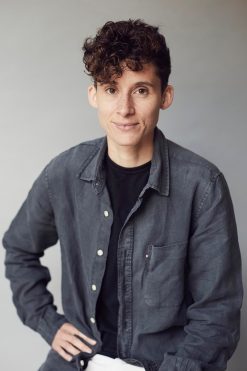 Dr Ava Parsemain
Dr Ava Parsemain
Student-nominated award
As a one of the unit convenors for a new core Foundation unit in the Bachelor of Arts, Dr Ava Parsemain has provided ongoing support to a large student cohort, in particularly difficult and stressful times this year. Ava creates a learning environment that is supportive, cohesive and fun by prioritising student wellbeing.
“The COVID-19 crisis and the transition to online delivery were disruptive because our students had little to no experience with online learning. In such unprecedented circumstances, I took additional steps to maintain their motivation and support their wellbeing,” says Ava.
“In addition to the main lectures, we scheduled weekly interactive lectorials on Zoom, used polling tools to assess their wellbeing and ran additional lectorials specifically for international students, who felt more comfortable in smaller groups. Between March and June, I participated in 448 private iLearn conversations with students, posted 486 times in forums, and provided tailored support to individual students during virtual consultations.”
The effectiveness of Ava’s approach has been reflected in student feedback with one student stating, “I really enjoyed being supported by great teachers that not only were teaching us but were always checking that we were all okay in our wellbeing.”
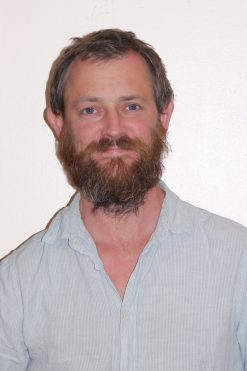 Dr Alexander Gillett
Dr Alexander Gillett
Early career award
Through his teaching, Dr Alexander Gillett aims to get students interested and provide them with ongoing skills. This is achieved through his enthusiasm, leading of discussions and the tools he uses in his teaching.
“Enthusiasm is contagious and helps students focus on the topics. I encourage this through active lectures and student-led discussions in tutorials and in online discussions. The latter has been particularly important this year given the circumstances with COVID-19,” says Alexander.
“Student-led discussions are key in getting students to engage with complex material and they also help to foster communities of enquiry. I support this by providing areas on iLearn to promote student-led study groups.
“I supply essay plans to provide feedback designed to help students develop arguments, in addition to extensive resources that help them begin to develop research and reading skills. Along with my colleagues, Jenny Duke-Yonge and Albert Atkin, we have implemented podcast discussions to supplement other means of delivering content. These discussions allow for a deeper connection with the material and have been enjoyed by the students.”
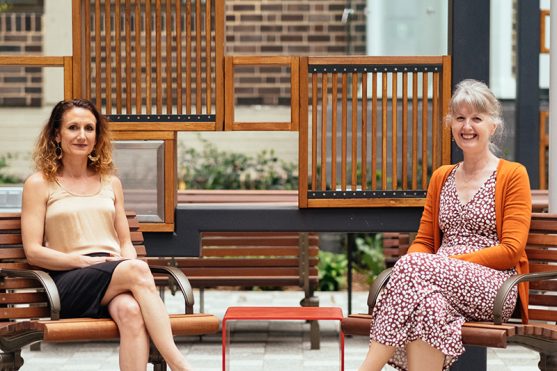
Associate Professor Tanya Evans and Dr Linda Evans
Educational leader award
Associate Professor Tanya Evans and Dr Linda Evans are responsible for many firsts in the Department of History and Archaeology, including Linda’s design of the first PACE unit in Ancient History and Tanya’s offering of internships to students in Modern History as part of the Faculty’s PACE shell unit. They now co-convene a new PACE unit, bringing the best of their former units together.
“Since 2015, we have shaped the curriculum in history through the design, development and successful implementation of Cultural Heritage and Public History PACE internship units,” says Tanya.
“We have also sought to position the practice of archaeology in its wider cultural context, especially Indigenous perspectives, to show students the marketability of their historical research skills in the modern workplace, in the hopes of inspiring many who could not otherwise see the relevance of their degree.
“Collaboration and co-creation have been at the heart of our units’ design and outcomes for years. Internships have consistently involved teams of students working in partnership with academic staff and external stakeholders, while others have drawn on their existing research and technical skills to organise exhibitions for Macquarie’s Library and former Museum of Ancient Cultures, assist local companies with archaeological fieldwork and more. This has resulted in transformative learning experiences for the students.”
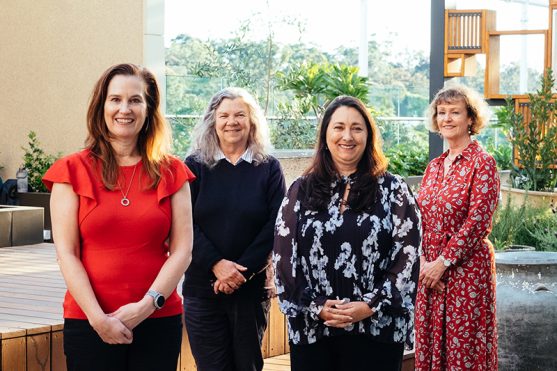
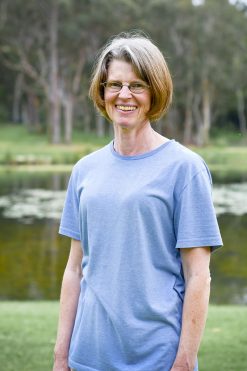
(l-r) Associate Professor Fay Hadley, Carolyn Kennett, Dr Rebecca Andrews, Dr Kerry-Ann O’Sullivan and Dr Merryn Horrocks
Dr Rebecca Andrews, Associate Professor Fay Hadley, Dr Kerry-Ann O’Sullivan, Carolyn Kennett and Dr Merryn Horrocks
Learning innovation award
This outstanding team are responsible for the LANTITE Support Program (LSP) led by Dr Rebecca Andrews. The innovative program is designed to inform, enable, motivate and support students in their preparation and learning for the Literacy and Numeracy Test for Initial Teacher Education. The test is high stakes as students unable to meet the prescribed Standards in the test cannot graduate from an initial teacher education course nor become a teacher.
“The five LSP elements are underpinned by a shared team philosophy and commitment to providing high-quality student support through innovation,” says Rebecca.
“Each member of the team is responsible for a certain element of the Support program. Fay and I both advocate for students and I also support students who do not meet the test standards by inviting them to small workshops to debrief on their results with their peers or to meet with me individually. I come to know the students individually; this connection is imperative to students’ perception of the support available.
“Carolyn and Merryn conduct regular small group workshops focussing on techniques that reduce working memory load while Kerry-Ann’s innovative iLearn site for independent self-paced learning, provides explicit data on individual student’s literacy skills and performance.
“Teaching is a relational profession and great teachers make deep connections with students. This team ensures personalised attention to our diverse students’ learning and wellbeing through broad reach and innovative individual and small group support aimed at test success.”
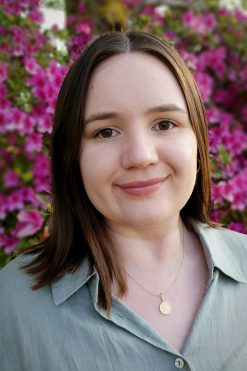 Loren Demol
Loren Demol
Sessional staff award
Loren Demol aims to give students valuable feedback on assessments by giving positive reinforcement for what they do well.
“As a marker, I view the process as more than a corrective space by showing enthusiasm toward what the student has done well through in-text comments such as ‘Good!’, ‘Excellent work!’, ‘Very clear introduction’ and longer commentary on interesting ideas,” she says.
“According to students the assignment feedback is always above and beyond, and they have even reached out to say the essay feedback was appreciated and provided a foundation for future essays. Overall, the students produced a higher standard of work in subsequent tasks after receiving feedback on the first assessment.
“The switch to online teaching created further challenges for students completing assessment tasks. I encouraged students to email me essay plans and ask questions on referencing and finding online sources. My guidance gave students the tools to produce exceptional Research Essays in ‘Rome and the Caesars’ and their future studies in Ancient History.”
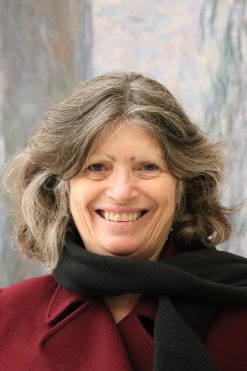 Associate Professor Lea Beness
Associate Professor Lea Beness
Teaching excellence award
As a committed teacher, Associate Professor Lea Beness aims to inspire in undergraduate students a love for Ancient History, to provide an enjoyable and safe learning environment and to develop research skills from the earliest stage of university enrolment.
“Direct encouragement and demonstrating my passion for my subject best inspires a readiness to pursue further learning. Over a period of 20 years, I have taught thousands of students, fostering transformative learning through research-led teaching,” Lea says.
“Since 2000 I have co-convened Macquarie’s flagship first-year Roman History unit. Annually, a different Roman figure is selected for the students to research. First, the students work collaboratively to collect all the ancient sources they can find on their subject; second, armed with a full dossier of ancient evidence, they write a profile of the person’s life.
“The exercise also boosts student confidence, exciting an ongoing interest in tertiary studies, introducing them to the thrill of original research, nurturing their critical thinking in terms of the handling of ancient evidence, and equipping them with the required research skills to pursue further studies in History.”
Stay tuned in the coming weeks as we reveal more Highly Commended Finalists and share details on when the winners will be announced.

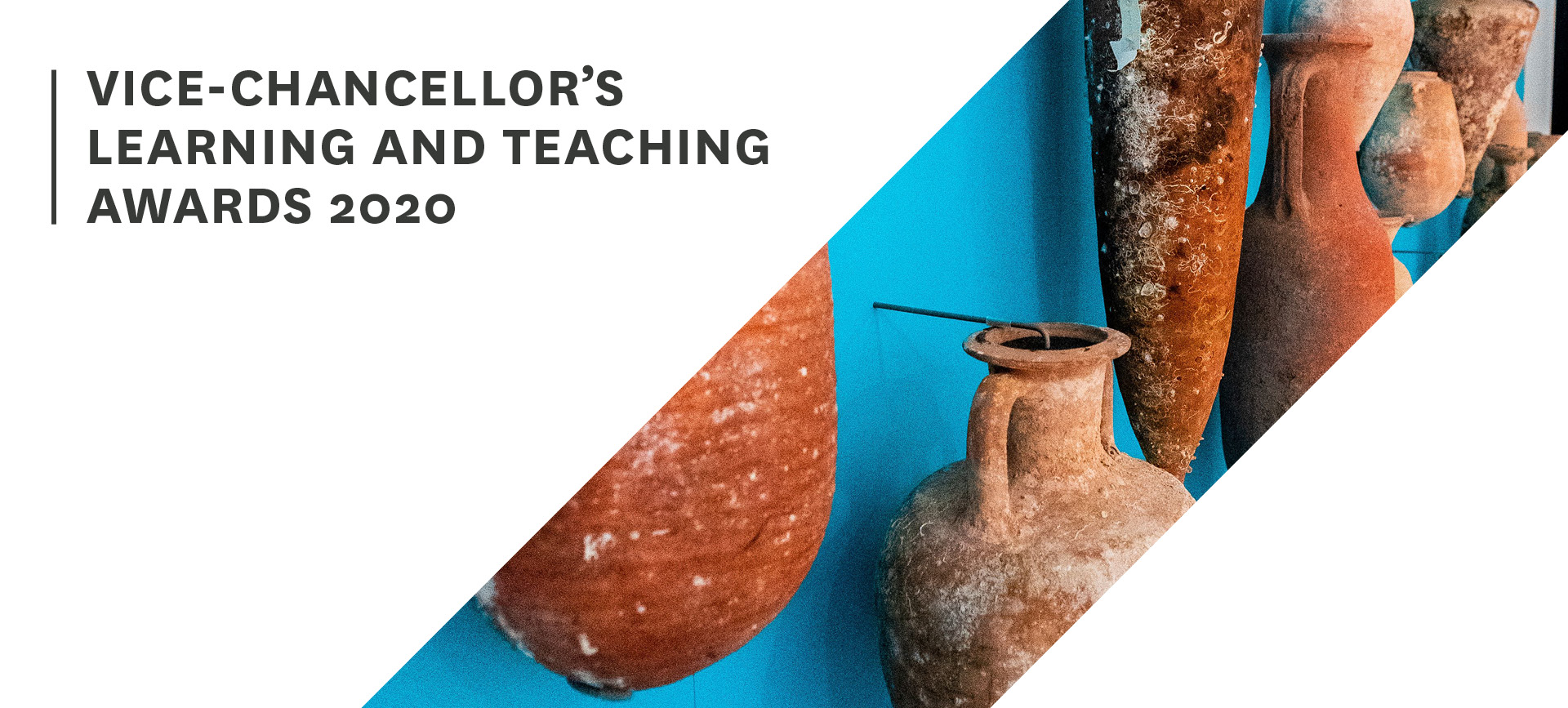
 Back to homepage
Back to homepage